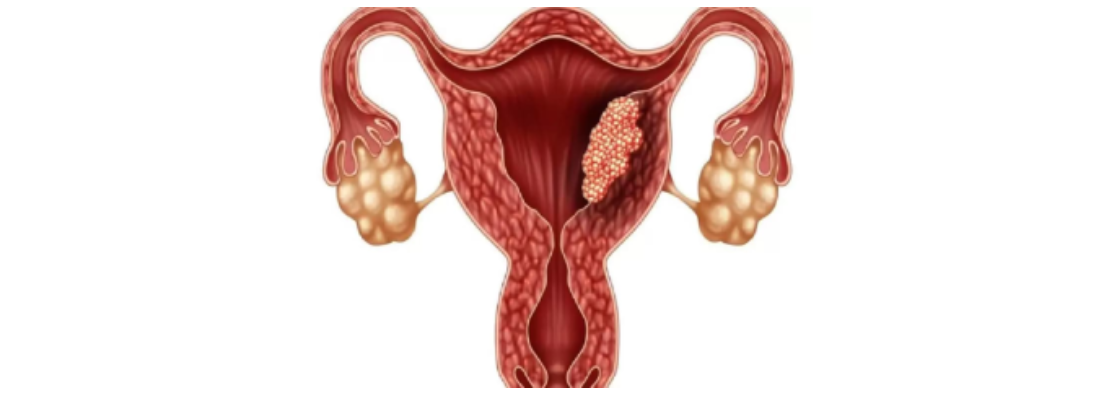
Living with endometriosis can be challenging, both physically and emotionally. At Borneo Hospital in Thane, we know how Endometriosis can significantly affect a woman's life. It causes pain in the pelvis and might make it hard for them to have a baby.
Our team of experts, including gynecologists, is good at figuring out and treating Endometriosis. They create unique treatment plans for each patient based on what they need.
Endometriosis is a chronic condition in which the tissue that normally lines the uterus, called the endometrium, grows outside the uterus. These abnormal growths, known as endometrial implants, can occur on the ovaries, fallopian tubes, and other pelvic organs. In some cases, endometriosis implants may even be found outside the pelvic region.
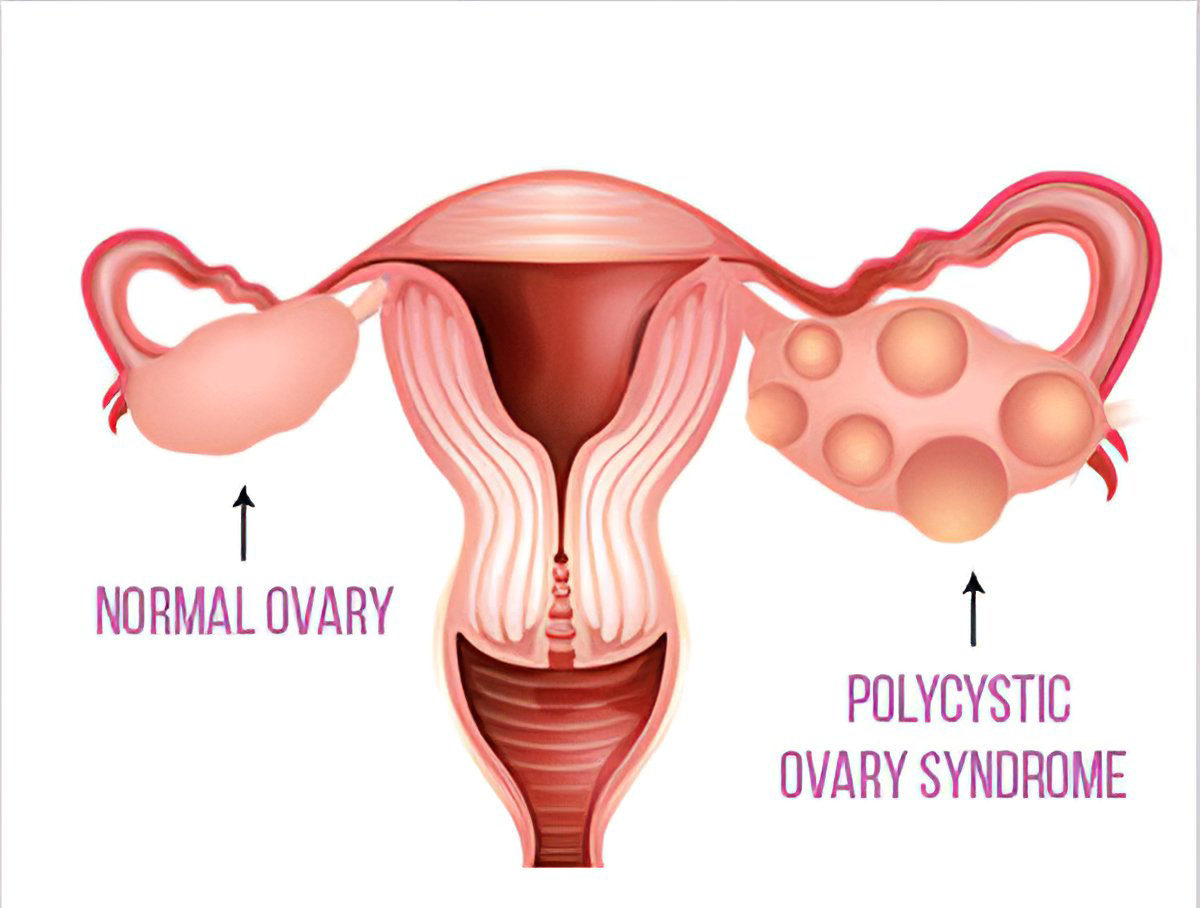
The symptoms of endometriosis can vary from person to person. Common symptoms include
Doctors usually diagnose endometriosis based on a combination of factors, including:

If your doctor suspects that you have endometriosis, they may recommend a combination of tests and procedures to confirm the diagnosis and determine the severity of the condition.
Endometriosis treatment aims to relieve symptoms, slow disease progression, and improve fertility if desired. The treatment approach may vary depending on the symptoms' severity, the disease's extent, and the individual's reproductive goals. Some main treatment options for endometriosis include medications, surgical interventions, alternative therapies, and lifestyle changes.
Medications for EndometriosisMedications are often the first line of treatment for managing endometriosis symptoms. Nonsteroidal anti-inflammatory drugs (NSAIDs) can help relieve pain. In contrast, hormonal therapies such as birth control pills, progestins, and gonadotropin-releasing hormone (GnRH) agonists can help regulate hormonal fluctuations and reduce the growth of endometrial tissue.
Surgical Interventions for EndometriosisIn cases where medication alone doesn't provide sufficient relief, surgery may be recommended. Laparoscopic surgery is a common approach for treating endometriosis. The surgeon removes or destroys endometrial implants and any scar tissue present during the procedure. In severe cases, a hysterectomy may be considered as a last resort.
Alternative Therapies for EndometriosisComplementary and alternative therapies can be used alongside traditional treatments to help manage endometriosis symptoms. These may include acupuncture, yoga, dietary changes, and herbal supplements.
While these therapies may provide relief for some individuals, it's essential to consult with a healthcare professional before incorporating them into a treatment plan.
Making certain lifestyle changes can significantly impact the management of endometriosis. These changes may include regular exercise, stress reduction techniques, a balanced diet, and adequate rest.
Engaging in activities that promote overall well-being can help alleviate symptoms and improve the quality of life for individuals with endometriosis.
Early detection and treatment of endometriosis are vital for managing the condition effectively. If you experience persistent pelvic pain or other symptoms, it's crucial to consult with a healthcare professional who specializes in endometriosis.
Early intervention can help prevent the disease from progressing and minimize the impact it has on your overall well-being.
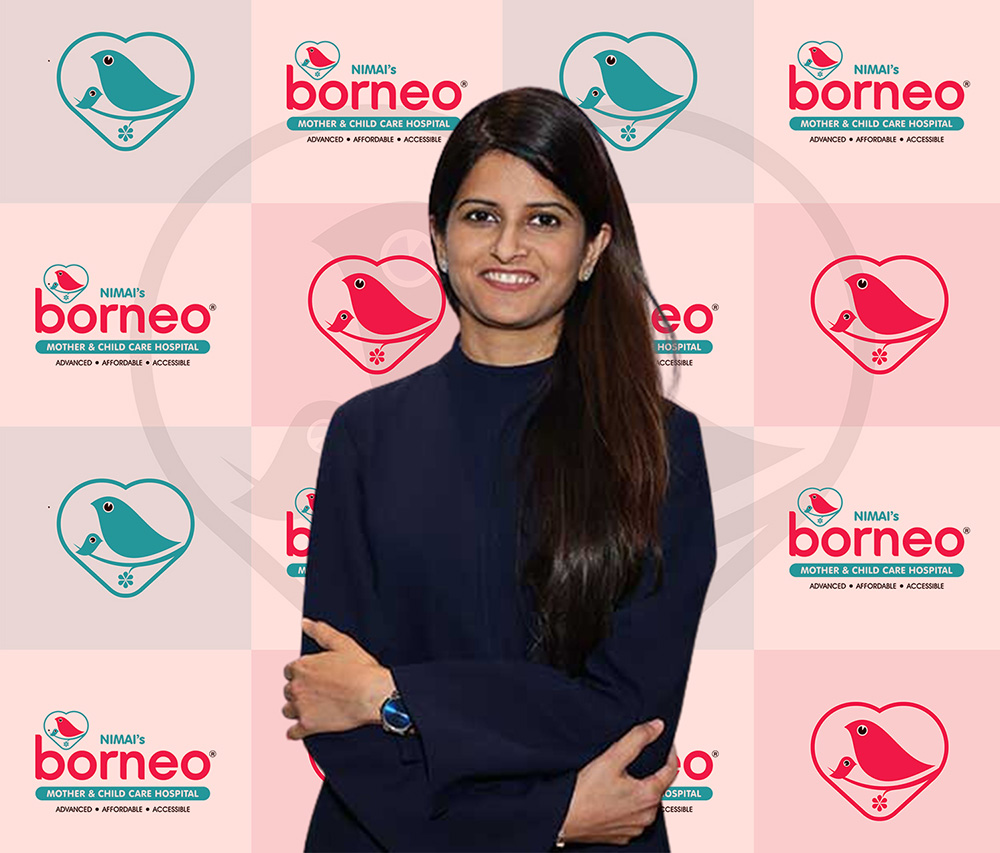
Speciality: Gynaecologist
Designation: Obstetrician and Gynaecologist & Laparoscopic Surgeon
Thane
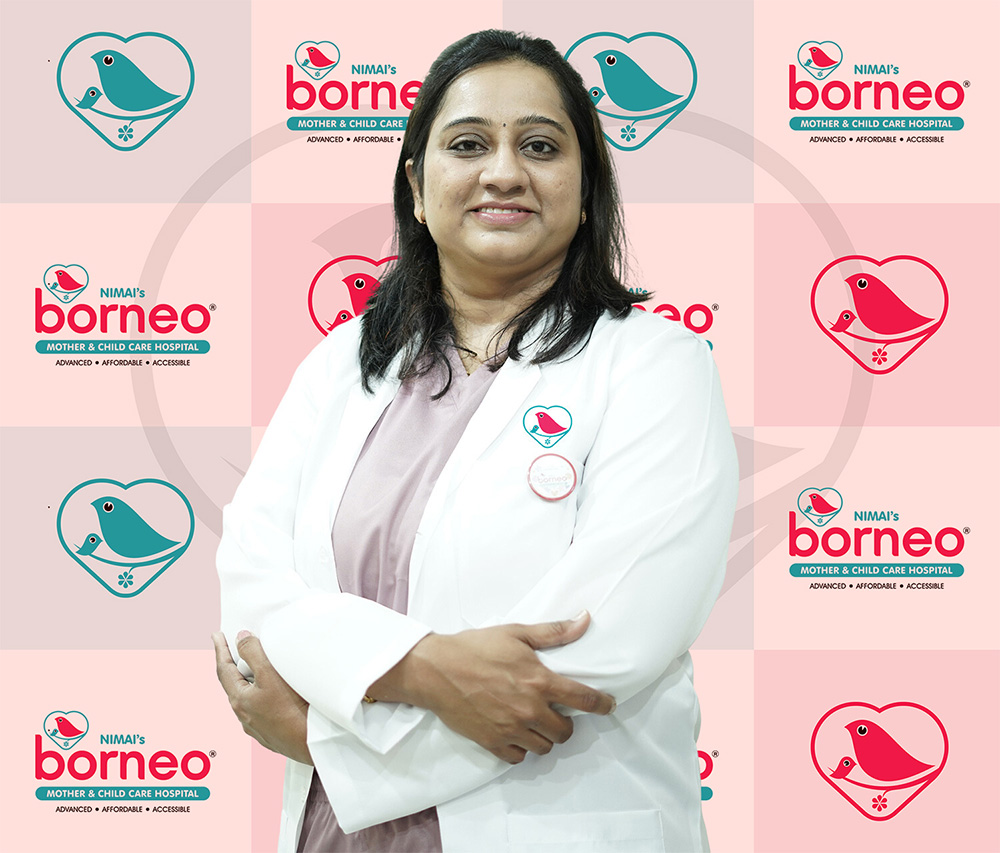
Speciality: Gynaecologist
Designation: Obstetrician and Gynaecologist
Thane
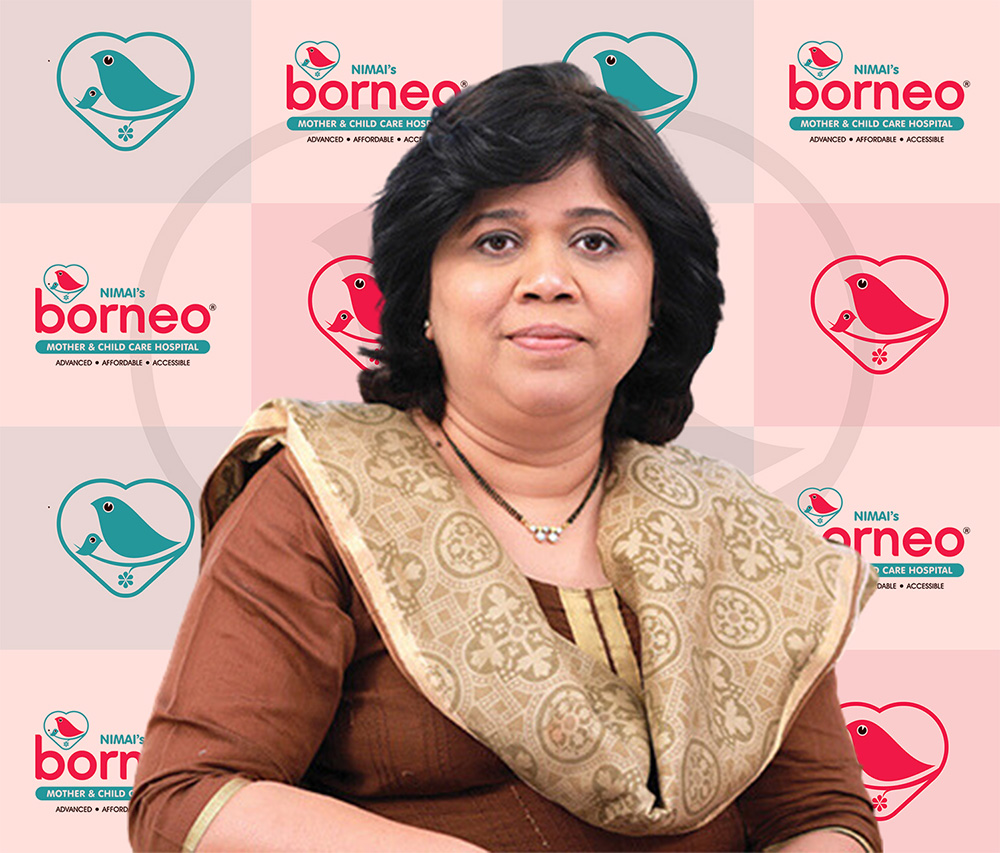
Speciality: Gynaecologist
Designation: Obstetrician and Gynaecologist
Thane
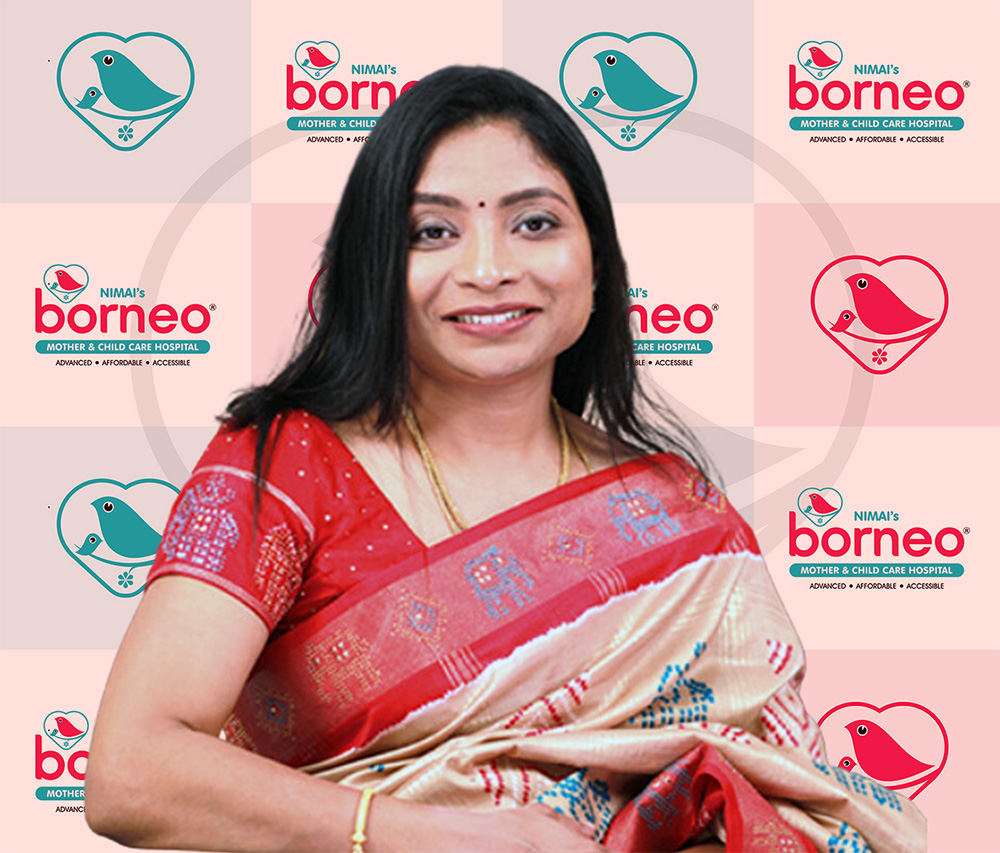
Speciality: Gynaecologist
Designation: Consultant Obstetrician and Gynaecologist
Thane
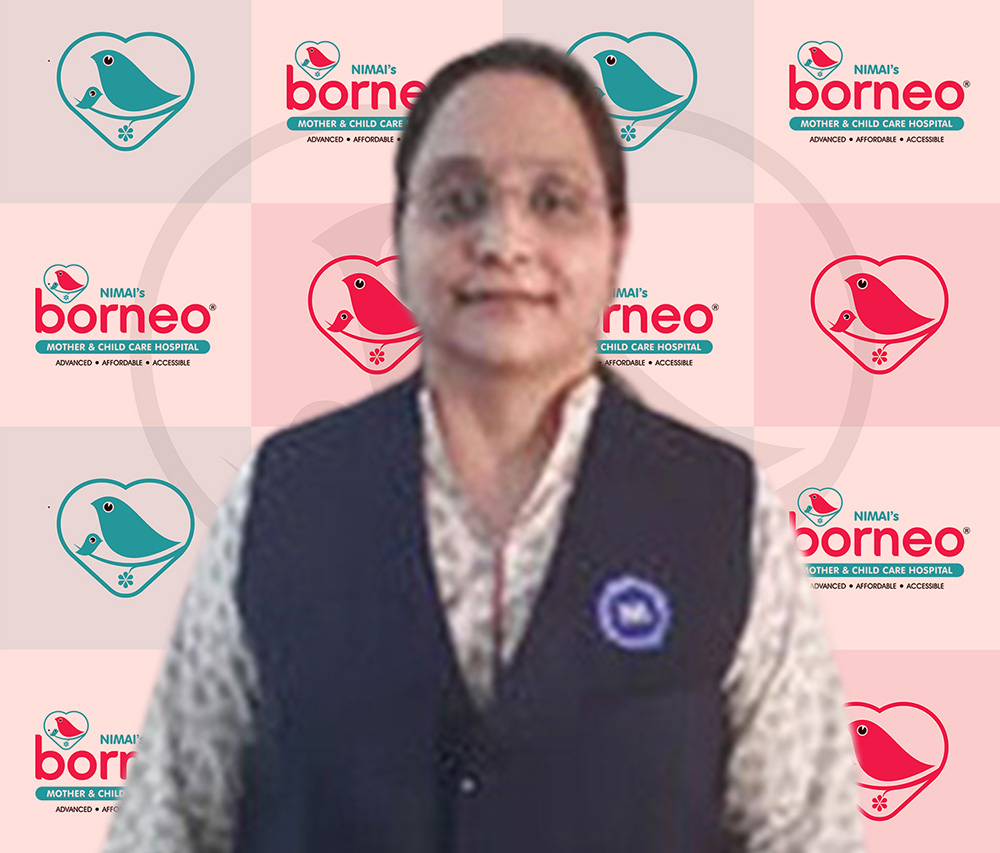
Speciality: Gynaecologist
Designation: Gynecologist
Thane